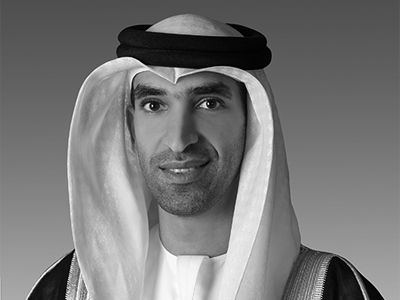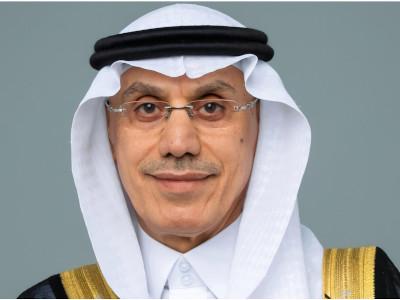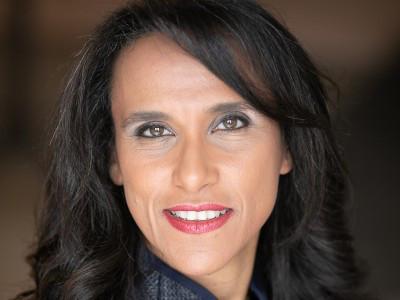Digitalization is transforming the modern economy, gradually permeating all economic sectors and functions. It will underpin future growth and is key to COVID-19 recovery as well as future resilience.
One way to grow the digital economy and increase digital competitiveness is through attracting FDI (UNCTAD World Investment Report 2017). Just like traditional FDI, such ‘digital FDI’ takes place to be close to customers, access local knowledge, open new markets and more. While some digital service suppliers are relatively “asset-lite”, meaning they do not require significant FDI to service a market, other digital service suppliers display a similar international asset footprint to traditional multinational enterprises (MNEs).
Yet promoting and facilitating FDI in the digital economy may require specific policies, regulations and measures because these investments are based on business models that vary from traditional brick-and-mortar businesses. These business activities rely heavily on data and know-how, often involve platform economies and leverage non-traditional assets.
There is an opportunity to launch Digital FDI Enabling Projects (DEPs) to help create ‘digital friendly’ investment climates, as recently outlined to the G20. Countries in the Middle East and North Africa (MENA) region and beyond are in discussions to collaborate with the World Economic Forum to launch a DEP to identify policies, regulations and measures to attract such investment. This session will discuss these plans, as well as opportunities for others to join this effort and for other regions to also consider DEPs.
Issues to be addressed
- How can a DEP be designed and implemented (nationally and regionally)?
- What should be the goals of such projects, and can they build on existing initiatives?
- What sectors are digital enablers and should be prioritized in attracting digital FDI?







